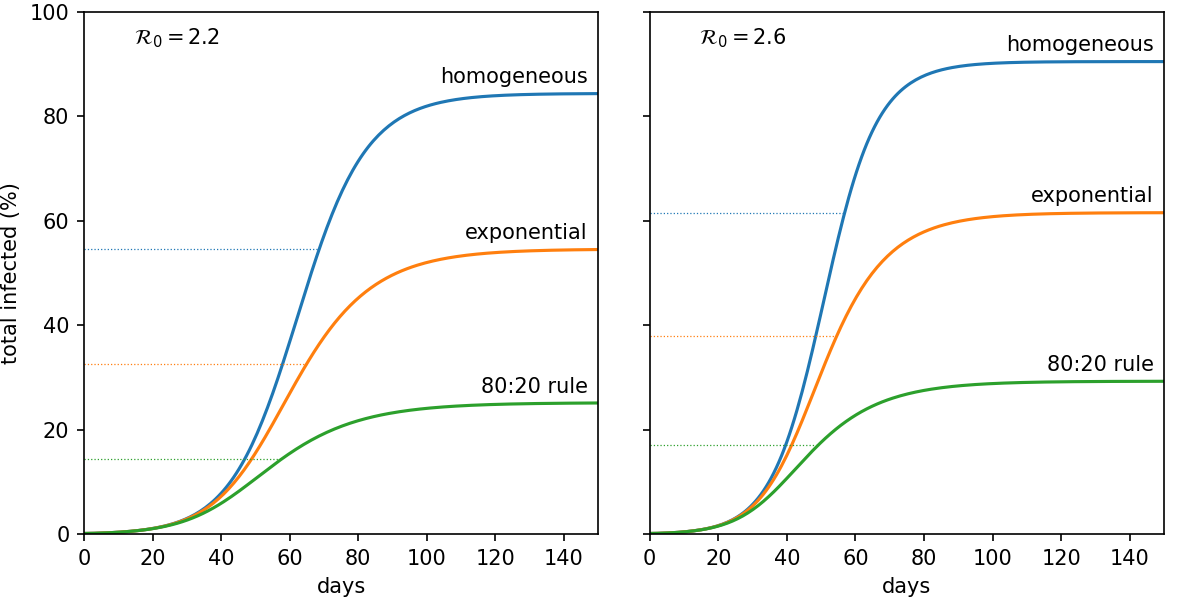
Striking that titans of industry, civic leaders & educators at the top of their game serve as Regents of the @BORUSG but it appears not one has had the courage to publicly call for vaccine mandates and indoor mask mandates (as risk demands).
usg.edu/regents/members
a 🧵
usg.edu/regents/members
a 🧵
W. Allen Gudenrath - @MorganStanley
Erin Hames - @heritageprep_
Samuel D. Holmes - @CBRE
Bárbara Rivera Holmes - @ChamberAlbany
C. Thomas Hopkins, Jr., MD - @orthogeorgia
James M. Hull - hullpg.com
Cade Joiner - shredxcorporation.com
...
Erin Hames - @heritageprep_
Samuel D. Holmes - @CBRE
Bárbara Rivera Holmes - @ChamberAlbany
C. Thomas Hopkins, Jr., MD - @orthogeorgia
James M. Hull - hullpg.com
Cade Joiner - shredxcorporation.com
...
C. Everett Kennedy, III - bhhskennedyrealty.com
Rachel B. Little - @Boehringer
Lowery Houston May
Jose R. Perez
Neil L. Pruitt, Jr. - @PruittHealth
Sarah-Elizabeth Langford Reed - @fivepointsdev
Harold Reynolds - @banksouth
Sachin Shailendra - sgcontractinginc.com
Rachel B. Little - @Boehringer
Lowery Houston May
Jose R. Perez
Neil L. Pruitt, Jr. - @PruittHealth
Sarah-Elizabeth Langford Reed - @fivepointsdev
Harold Reynolds - @banksouth
Sachin Shailendra - sgcontractinginc.com
T. Dallas Smith - @TDSandCo
Kessel D. Stelling, Jr - @synovus
Don L. Waters - savannahchamber.com/membership/mem…
Philip A. Wilheit, Sr. - wilheit.com & @supply_one
Kessel D. Stelling, Jr - @synovus
Don L. Waters - savannahchamber.com/membership/mem…
Philip A. Wilheit, Sr. - wilheit.com & @supply_one
The reality is that the vast majority of these Regents may indeed view their position through the lens of a calling, stewardship, and service. Yet such service is not fealty, it is meant to support the people and mission associated with 26 member institutions.
The @BORUSG has already been warned of the dangers of politicization for system-wide accreditation.
ajc.com/education/agen…
ajc.com/education/agen…
So how else should the 300,000+ students and tens of thousands of staff and faculty interpret the continued failure of @BORUSG and Acting Chancellor Teresa MacCartney to enforce their own policies:
usg.edu/policymanual/s…
usg.edu/policymanual/s…
If this is not political, then it appears that these leaders willfully misunderstand the rationale for vaccine mandates in dense live-learn environments.
(but no, their failure to act is almost certainly political)
(but no, their failure to act is almost certainly political)
At present, 800+ institutions of higher education have imposed vaccination requirements on campus
chronicle.com/blogs/live-cor…
chronicle.com/blogs/live-cor…
The @BORUSG should do the same. Failure to do so represents a choice that will almost certainly increase the risk of transmission, infection, and disease (including severe disease). Evidence is already available that cases are increasing.
One example: @universityofga's Dawgcheck is now >4% positive via surveillance (and doubled in past 2 weeks). By contrast, @GeorgiaTech averaged <1% last year via surveillance testing - and has also seen early case increases this year.
healthcenter.uga.edu/covid-19-healt…
healthcenter.uga.edu/covid-19-healt…

The use of false dichotomies as wedges to block action represents a failure to imagine our shared goal:
To build campuses with thriving education and research communities that thrive precisely because we have taken steps to protect the health and safety of our communities.
To build campuses with thriving education and research communities that thrive precisely because we have taken steps to protect the health and safety of our communities.
In the absence of action-taking in the midst of a public health emergency, it raises the question of why current @BORUSG Regents think that their leadership merits the confidence and trust of the students, staff, faculty, and taxpayers they are supposed to serve.
/🧵
/🧵
• • •
Missing some Tweet in this thread? You can try to
force a refresh






